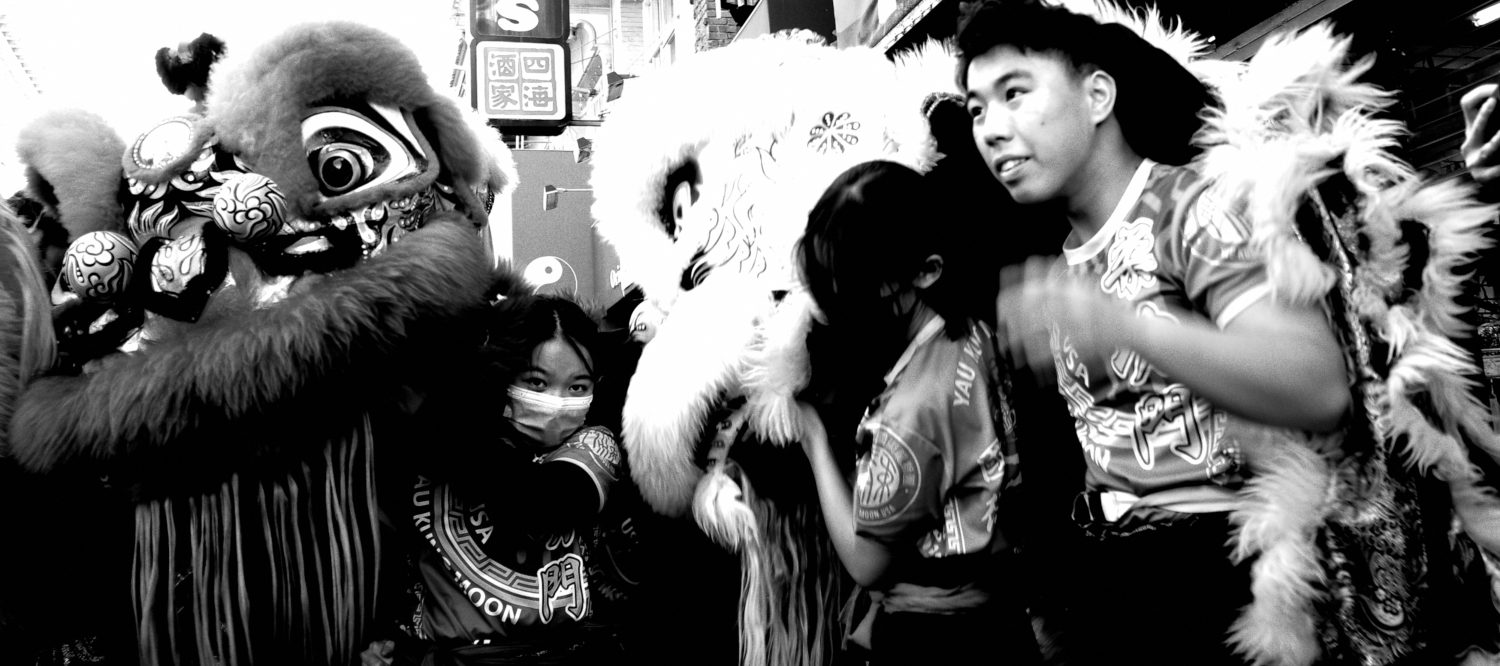
Before I begin, if you are one of the few people left in this country who believe the police never commit a crime, never abuse their authority or inflict brutality on the citizens they are sworn to protect, you should probably stop reading now. Go on, click on outta here. I respect your opinion, I just think you’re absolutely wrong.
Okay, still with me?
Good.
Yes, prosecutors across the country are trying to charge citizens for the crime of publicly videotaping police officers while doing their job. It would appear that a few too many officers have been embarrassed by the fact that most people now walk around with digital video equipment on their phones.
From an article on Time Magazine’s blog:
Anthony Graber, a Maryland Air National Guard staff sergeant, faces up to 16 years in prison. His crime? He videotaped his March encounter with a state trooper who pulled him over for speeding on a motorcycle. Then Graber put the video — which could put the officer in a bad light — up on YouTube…(In the video), the trooper can be seen cutting Graber off in an unmarked vehicle, then he approached Graber in plain clothes and yelled while brandishing a gun before identifying himself as a trooper.
Oops.
The legal argument the prosecutors are using in court is dependent upon the audio aspect of the videos. They claim this violates wiretap laws because, in some states, both parties to a conversation must consent to having a private conversation recorded. Course there is a question when it comes to the word, “private,” as it seems difficult to believe that police making traffic stops, walking city streets, arresting people on the sidewalk or in the front yards of homes can consider what they are doing is being done in private, but this would be precisely what they appear to claim.
Last I checked, public streets were not private. If they indeed are, then there should be no reason to arrest me for standing on the sidewalk in front of my apartment building naked, drinking a beer. My guess is however, the police in my town might take issue of I engaged in such activities so it would seem this is another example of the police trying to have it both ways, of being above the law, their law.
Now, let it be said that I don’t necessarily have anything against law enforcement. In my job as a social worker, I have regular interactions with the police. I’ve seen officers in my town be the stereotypical power happy prick who got beat up a lot in high school, and I’ve seen officers engage people with a compassion and sensitivity that was impressive, especially considering the circumstances. That being said, it would seem the best way to keep videotaping of officers as a non-issue would be for the police officers to do their job both ethically and legally. If they aren’t doing anything wrong, the only thing a video could do is exonerate them, so pardon my skepticism when it comes to prosecutors trying to criminalize the only way these days to hold officers accountable. Citizen review boards don’t cut it, are often laughable in fact, and civil trials typically go in the officer’s favor when it is a citizen’s word against an officers so yes, videotape, record away everybody.
I’m of the opinion every officer, especially uniformed officers should be videotaped every minute they’re on duty.
Think of the problems we might have avoided had this been the case:
The Jon Burge trials in Chicago. The Rampart scandal in Los Angeles. The Danziger Bridge Shootings in New Orleans and these are only the headliners. Thousands of other examples exist both small and large, and more importantly reported and not reported. I personally have seen the arrival of television cameras prevent what looked to be a certain beating by the Chicago Police Department. I have also seen a beating end when cellphones came from several pockets in the Tenderloin neighborhood of San Francisco.
A crime to videotape police officers?
A few statistics from from Injustice Everywhere:
Between the months of April to September, 2009, 1 out of every 116.4 officers allegedly engaged in misconduct. 207 police chiefs and sheriffs were cited for misconduct. 215 fatalities were reported in connection with alleged misconduct. 2,854 total officers allegedly engaged in misconduct
In the case of Graber — a young husband and father who had never been arrested — the police searched his residence and seized computers. Graber spent 26 hours in jail even before facing the wiretapping charges that could conceivably put him away for 16 years. Even if this case and others like it do not hold up in court, the police can do a lot of damage just by threatening to arrest and prosecute people. “We see a fair amount of intimidation — police saying, ‘You can’t do that. It’s illegal,'” says Christopher Calabrese, a lawyer with the ACLU’s Washington office. It discourages people from filming, he says, even when they have the right to film.
The crime is not citizens videotaping police officers, the crime could very well be whatever it is the police officer might have done to get the cameras rolling. The perspective of film can be everything, it can even be an equalizer.
Read the article…
Should Videotaping the Police Really Be a Crime?
Have a nice day
